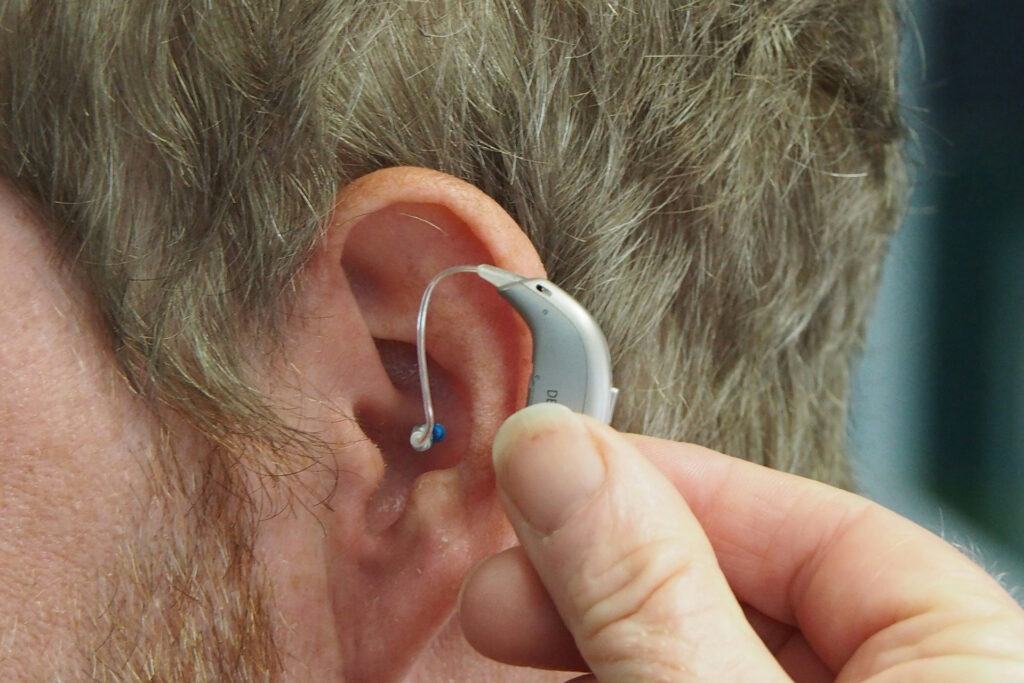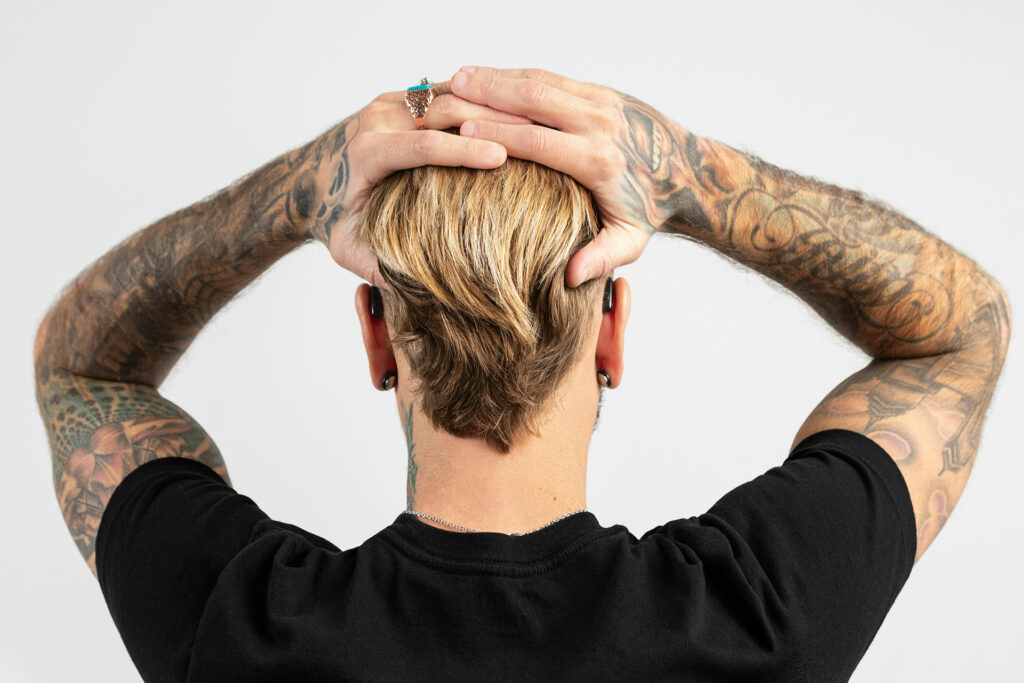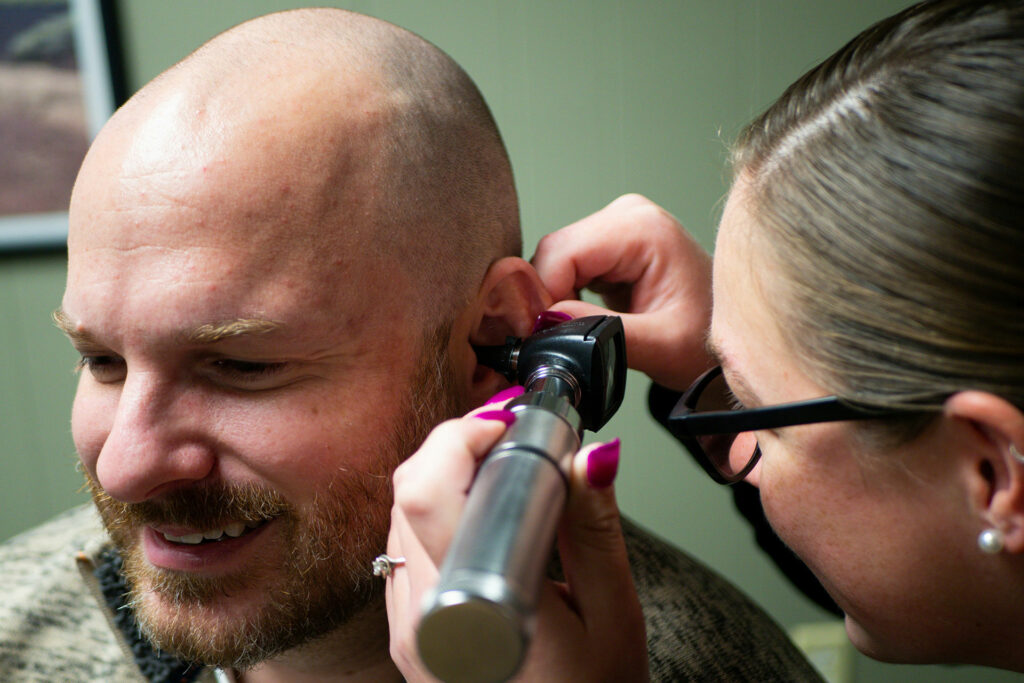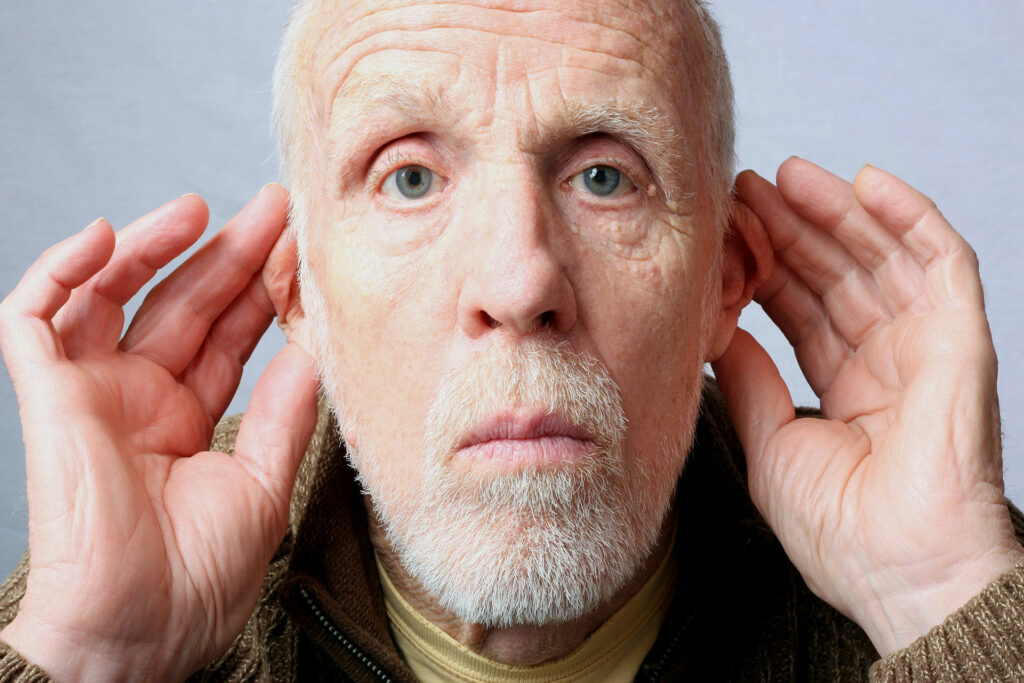Ask almost anyone, audiophile or not, if they’ve ever experienced ringing in their ears, and the answer will likely be yes. For about 10 percent of the U.S. population, however, this persistent ringing is more than just a fleeting experience – it’s a chronic and exhausting condition known as tinnitus. Tinnitus affects millions worldwide, ranging from a mild annoyance to a debilitating issue that can interfere with daily life. Audiophiles spend their lifetimes poring over the minutiae of their equipment, media, and room acoustics to achieve the best possible reproduction of an audio recording. Even the most minimally perceivable hum or hiss in a recording or piece of gear can be enough to make an audiophile want to burn it all down and start over – so for those of us who experience tinnitus, it can be especially frustrating.
While tinnitus is often perceived as a condition in and of itself, it is actually a symptom of underlying issues related to the auditory system. Tinnitus manifests as a variety of sounds, including ringing, buzzing, hissing, or clicking, which can be intermittent or constant. It can be temporary, due to acoustic trauma (like the ringing of your ears after a loud concert), or chronic. The severity and pitch of these sounds can vary significantly from person to person. Although tinnitus is not a disease, it can be a symptom of various health conditions, making its management and treatment complex.

What Causes Tinnitus?
Several factors can cause or contribute to tinnitus, with the most common culprit being prolonged exposure to loud noises. Consistent exposure to noisy environments, such as excessively loud movies or music listening sessions, concerts, construction sites, or even using headphones at dangerously high volumes, can damage the stereocilia (the tiny hair cells in the cochlea), leading to permanent hearing damage, which then opens the door for tinnitus to take root. Interestingly enough, though, tinnitus sounds are not caused by the damaged hair cells themselves, but rather by abnormal neural activity as the brain tries to make up for reduced input at certain sound frequencies. Some have anecdotally described tinnitus as the swan song of damaged ears – the brain’s final attempt to make sense of the missing cells that have died and won’t return.
Age-related hearing loss is another significant cause, as the natural deterioration of the cochlea or other parts of the ear with age can result in tinnitus. The audiophile demographic knows about the topic of male hearing loss with age, but we also know that it isn’t an audiophile death sentence. The main demographic of our hobby happens to be predominantly older males, which places the typical audiophile in the high-risk category for both hearing loss and tinnitus. Additionally, ear infections, earwax blockages, and other physical obstructions in the ear canal can cause or contribute to the symptoms of tinnitus.
Tinnitus can also be linked to various medical conditions. Meniere’s disease, which affects the inner ear, can cause tinnitus, along with vertigo and hearing loss. Temporomandibular joint (TMJ) disorders, high blood pressure, and even certain medications are also known to trigger or worsen tinnitus symptoms. Understanding these causes is crucial for effective prevention and treatment. If you are an audiophile diagnosed with or at risk for any of the above, I highly recommend speaking to your physician about these conditions to minimize the risk of developing (or exacerbating) tinnitus. If you aren’t taking your health as seriously as you should, perhaps this is your wake-up call to check in with your doctor. Your ears will thank you.

What Can an Audiophile Do to Prevent Tinnitus?
Aside from regular checkups with your doctor, preventing tinnitus primarily involves protecting the ears from loud noises. Remember all those articles I keep writing about protecting your ears? It might be in your best interest to take those seriously. Using earplugs in noisy environments, turning down the volume on personal audio devices, and taking regular breaks from prolonged noise exposure can help safeguard hearing. Regular hearing checkups are also extremely important, especially for those at higher risk, such as individuals in noisy occupations or older male adults – the primary demographic of the audiophile community.

I Experience Tinnitus – Is There Anything I Can Do?
For those already experiencing tinnitus, several treatment options are available:
- Excessive amounts of cerumen (earwax) can exacerbate tinnitus symptoms. If using an ear-cleaning device such as The Wush Ear Cleaner (read my review) isn’t working, consider having your ears professionally cleaned by your doctor. This may provide some relief and lessen your symptoms.
- Behavioral Therapy or Cognitive Behavioral Therapy (CBT) is a mental health tool aimed at changing how we react to emotional and mental triggers, helping to reduce anxiety, depression, and feelings of hopelessness. For tinnitus, CBT focuses on managing the emotional and psychological toll, which can make a big difference in how patients cope with the condition.
- Sound therapy, which utilizes ear-worn sound therapy devices that effectively rewire the brain and its response to tinnitus sounds, has been gaining popularity in recent years. Companies such as Treble Health offer evidence-based, individualized treatment plans. According to their website, 85 percent of participants who completed their Sound Therapy/Behavioral program reported improvement in their symptoms, and this is backed by a 2020 study by the Journal of the American Academy of Audiology.
- If you suffer from hearing loss, now might be the time to consider getting tested for a pair of hearing aids with tinnitus management features. For example, most newer Jabra hearing aids come with a proprietary app that includes a tinnitus sound generator that can mask or cancel out specific sounds. After your audiogram, discuss this with your audiologist, so that they can recommend the best fit for your hearing and tinnitus management needs.
- If tinnitus keeps you awake at night, consider utilizing “Pink Noise” tracks to mask your symptoms. Pink Noise libraries and generators (both free and paid) can be accessed and downloaded or streamed through most modern hearing aids or a pair of comfort-focused earbuds. Find one that works for you, but be sure to limit your volume and exposure by using a timer or volume-monitoring app, such as HearSafe.
- Acupuncture and acupressure have been floated as potential treatments for tinnitus, and there’s some evidence that they might help. However, their benefits seem to come more from reducing stress and boosting overall well-being, rather than directly targeting tinnitus itself.
- Meditation might not have a direct physiological impact on your ears, but it can help ease symptoms or reduce tinnitus distress by improving mental health and calming a frazzled nervous system. These effects can make the noise of tinnitus feel a little less intrusive.
- Don’t let tinnitus ruin your life, and know that you are not alone. Tinnitus can cause and/or exacerbate anxiety and depression, so if it’s gotten to the point where it is having a profound negative impact on your life, it may be time to seek help and not look back. The American Tinnitus Association facilitates support groups across the United States that not only provide a safe place to learn about and discuss the condition, but also empowers individuals to address their condition head-on.

Tinnitus is a widespread condition with various causes that can be especially damaging to audiophiles. By understanding the nature of the disorder and taking proactive steps to protect hearing, audiophiles can manage and reduce the impact of this condition on their lives. Remember, protecting your ears and taking control of tinnitus today means enjoying your favorite music tomorrow and beyond.
Do you suffer from tinnitus? How has this affected you as an audiophile? Have you found any treatments or remedies that work for you that may or may not be listed here. We love to hear from you and will approve your comments quickly.
Author disclaimer: As a healthcare provider, my primary aim is to assist and inform. I have spent my career counseling and rehabilitating patients who suffer from a variety of conditions, including auditory and hearing impairments. However, I am not affiliated with, nor do I endorse, any of the products or services mentioned here. All medical decisions should be made in consultation with your doctor.




Imagine if you were someone like Rip Van Winkle and had been asleep for 50 years. If you woke up today, you would run screaming, due to all the spurious noise in the atmosphere that didn’t exist when you went to sleep. But we’ve simply gotten used to it. Just think of all the wireless transmissions at all sorts of frequencies that would cause ol Rip to lose his mind!
As one who contends with “head noise” following a TBI in 1986, I have noted most approaches to treatment or symptom management focus on external noise sources, e.g., brown, pink, white, violet noise to help mask or “blend” the internal noise with an external source.
Little different are approaches to frequency matching, where the internally generated frequency or frequencies are identified, then externally mirrored in attempt to cancel or “fill in” the damaged area that has leaked noise from our “aural matrix.”
I consider this aural matrix to be a cohesive frequency bandpass that when insulted badly enough loses cohesion.
Not unlike a tear in the cohesive fabric of space/time, but limited to a bandpass of frequencies that the human organism can hear.
Pretty cool, huh?
As a practitioner of a discipline with the following definition, “yogas citta vritti nirodhah,” translated: yoga is the cessation of the fluctuations of the mind–my hunch is this pithy adage, when put into practice has potential benefit.
That is, instead of focusing primarily on external means to manage head noise, what if we spent an equal amount of effort (or effortless effort) on the internal?
There might not be a lot of money in it for the pharmaceutical/allopathic industry, nor grant money available for longterm research, but if we started with “making friends” with our head noise–instead of masking or trying to reject it–then further understanding/reconciliation could follow. . .
To be fair to the external approach, I will wear headphones and use a signal generator to identify the frequency/frequencies in my ear/head, then carefully modulate the frequency and amplitude as a means to increasing sensitivity (versus decreasing sensitivity) to help me hear around and possibly within those compromised/insulted areas.
The basic approach: invite and befriend.
No harm, no foul, and a lifetime to practice and learn.
Needless to say, each of us must do what works best for us–and I encourage those with head noise to do just that.
Hi Eric. I suffered a cycling accident with subdural hematoma 2 years ago, resulting in both the classic “cookie-bite” (1-3kHz) moderate loss of sens in one rear, along with an 8kHz tinnitus. After repeated consults with audiologists I learned that “notch-filtering” tinnitus spikes are no longer used in hearing aid programming, as the results from automatic-masking by corrective amplitude adjustment in the programming usually are successful enough to mitigate the annoyance of tinnitus (at least when presented as a spike).
As a senior male I learned that I have the characteristic top octave loss bilaterally, so chose to get BOTH aids…one programmed for correction, both also with a boost centered at 15k…which is NOT routine amongst practitioners who generally limit correction according to the typical audiogram’s 8kHz limit.
I think it may be important to note that I found that an OPEN dome transducer that allowed ambient input was better than a closed (occluding) dome. Also noted that “musicians” programming may be simply amplitude-reducing compared to “universal” programs, as well have less DSP-related radiation algorithms so that soundstage cues in 2-channel listening are undisturbed. For me the trick is to keep the amplitude just light enough to balance my two ears, but not be noticeable in the damaged ear. And yes, the tinnitus is much less obvious. The 15k boost is NOT heard as a brightening nor treble boost, but as a compensatory correction for “air” lost with age. This is noticeable in both soundstage sensitivity and clarity and even when walking around and discriminating room acoustics probably like I did as a teenager. The quick “snap-finger” room/hall acoustic decay methodology has renewed success!
Thanks again for this article.